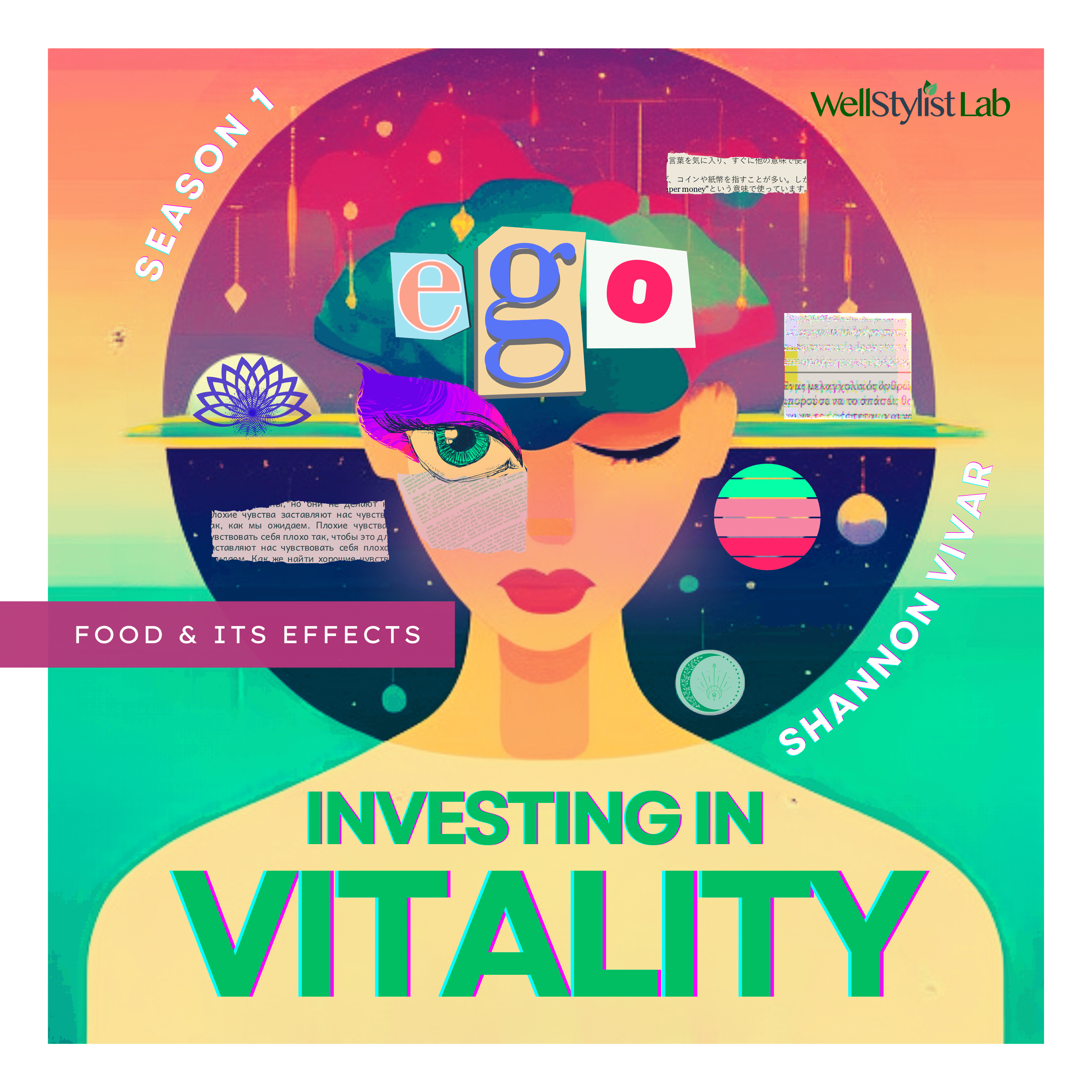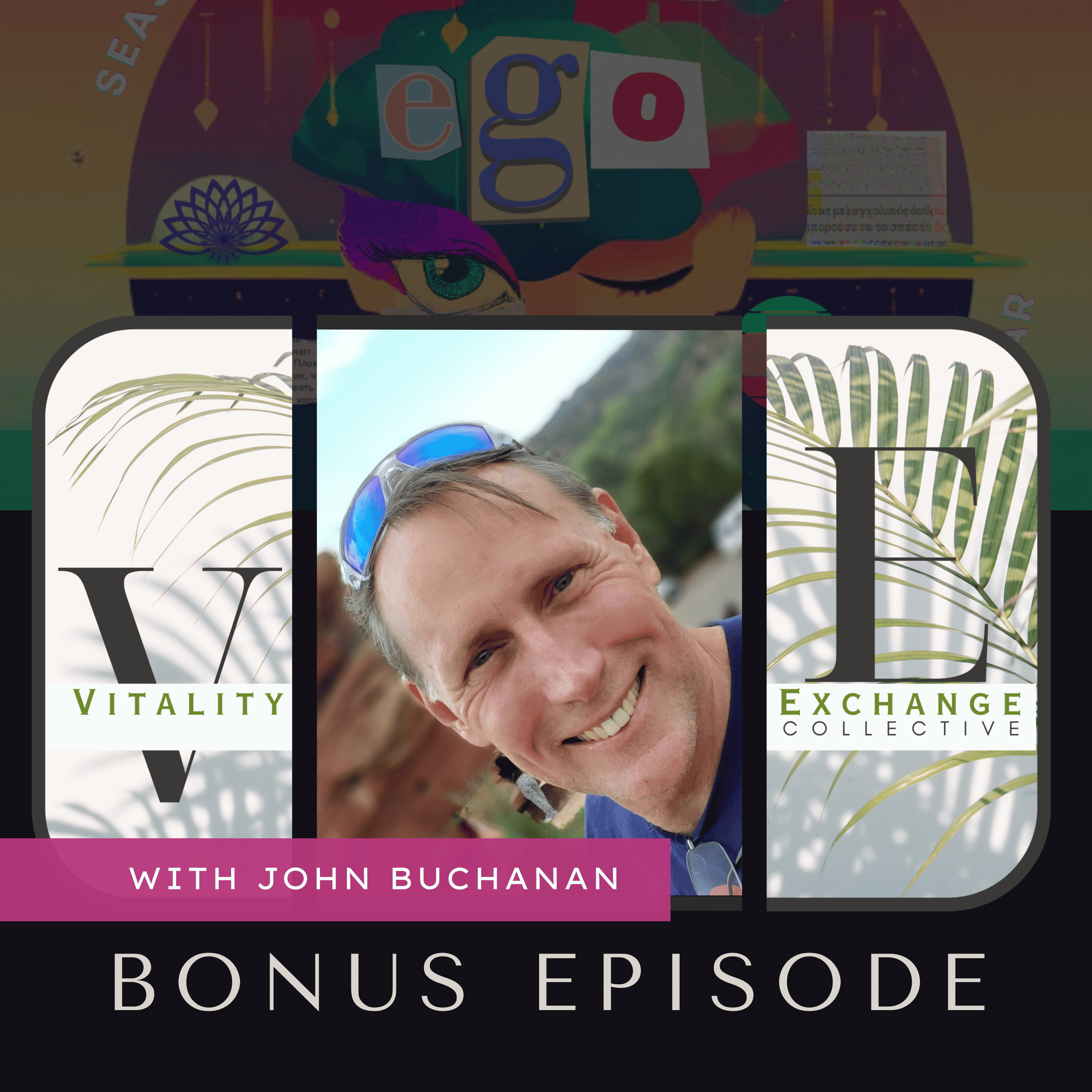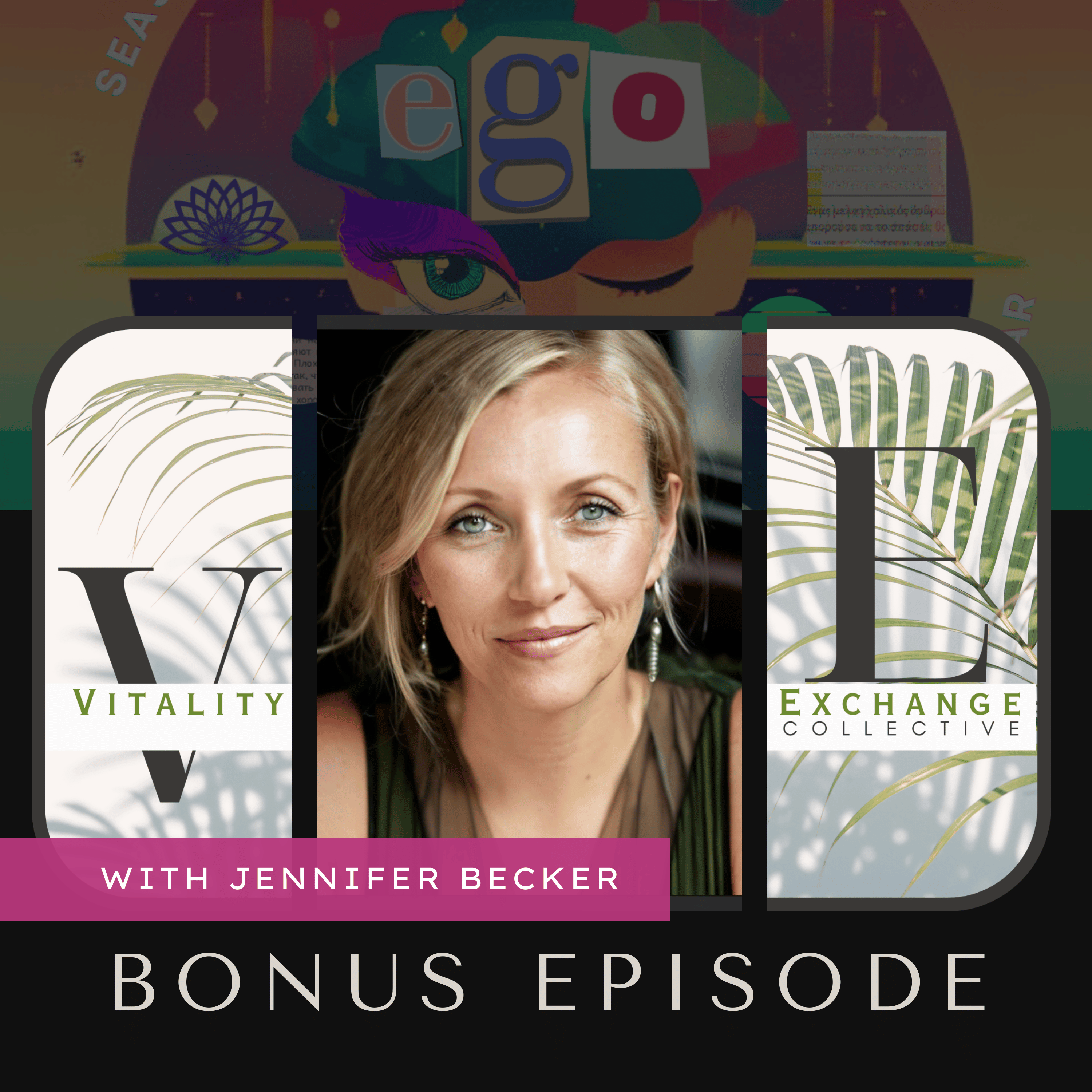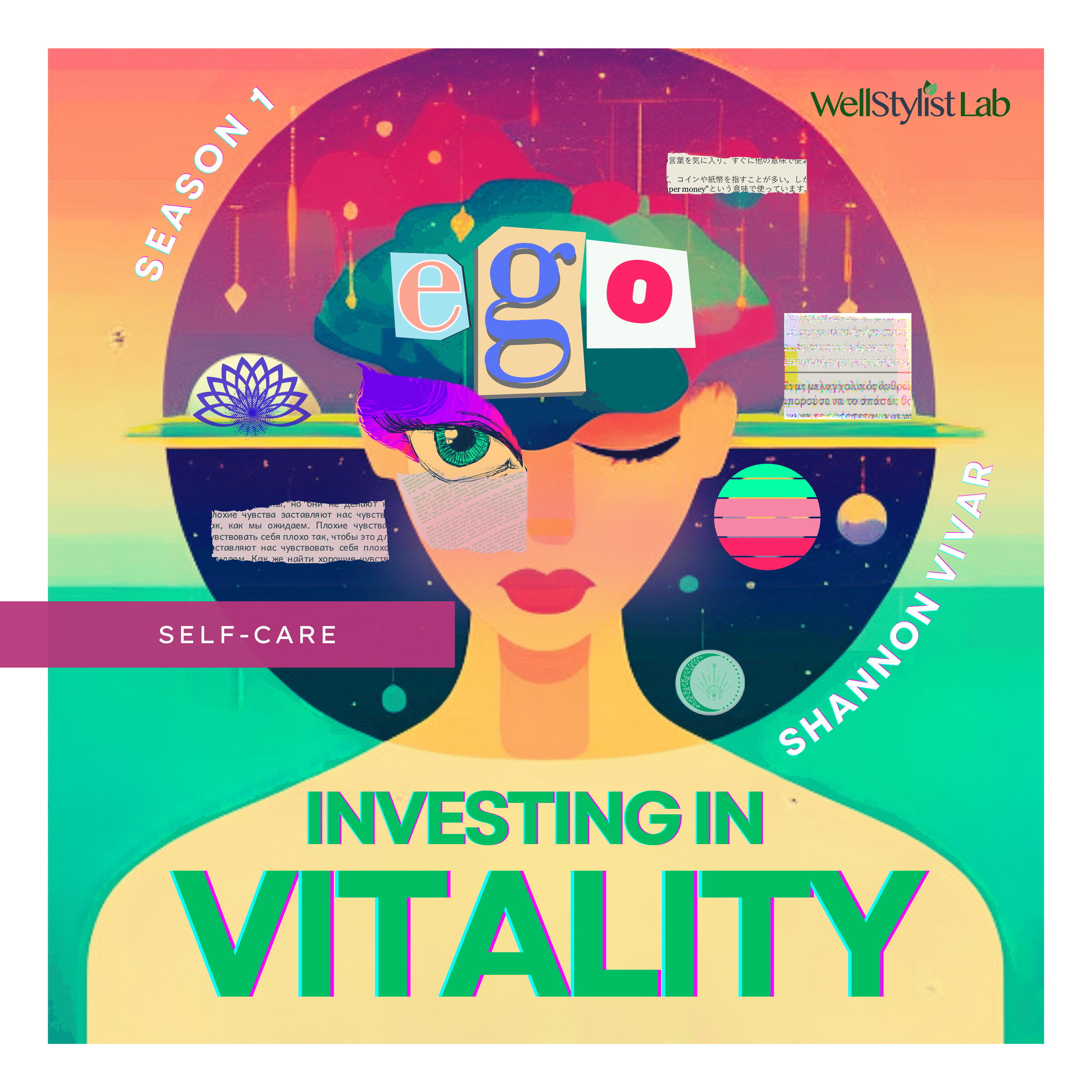Functional food, gut health, and innovations in food production are popular trends circulating social media. This episode explores the complex factors that go into what and how people choose to eat and how your body process those choices with the help of your microbiome. This snackable summary highlights the good and the bad of everything from the food industry and social influences to the future of nutrition through precision and personalized diets.
View Full Transcript
Episode Transcript
The holidays are upon us, and tis the season for decadent eating and overindulgence with extravagant meals, beautiful decorations, and the occasionally ugly sweater. Holiday meals are not just delightful feast for our taste buds. They are sensory experiences that can rekindle memories, connect us to our roots, and reinforce our sense of identity. The connection between our gut, our brain, and our heart is strong, and food is a key ingredient
I came across a LinkedIn post by Mark Hyman, the chairman of the Institute for Functional Medicine, where he summarized a study undertaken by Massachusetts General Hospital. Its results illustrated the significant impact that healthy and nutritionally rich diets can have on reducing healthcare costs of the most vulnerable and health critical populations.
The punchline of his posts was that our national food policies need to align with healthcare policies to effectively tackle chronic disease, both in terms of treatment and prevention, reading the comments that his post provoked. You get a sense for the wide range of issues and topics that are embedded in the trend food as medicine, as humans, our relationship with food is both complex and constantly evolving.
From the way we grow, produce, and consume food to its impact on our health, food plays a significant role in our lives and how our bodies function interestingly, curious Plot surveyed a group of trend forward foodies about their interests in culinary, nutritional, and sustainable trends in food. And what was not surprising was national food and healthcare policies did not make the list.
According to its 2024 Food Trend consumer curiosity Report, early adopters are influenced by media, 23% family and friends, 18% restaurants, and 9% food brands. This illustrates how behavioral economics, which ties together emotions, social norms, and cognitive biases, shape our food choices. Social determinants of health also play a critical role.
Whole fresh foods that are organically grown and nutritionally dense are typically inaccessible to many due to high price tags and limited availability, particularly in many lower income neighborhoods. The food industry has responded to the increase in consumer desires for healthier alternative foods, launching new products, and redesigning packaging
It is evident when you go to the grocery store that the wellness sphere is fizzing with novel concoctions aimed to boost your vitality, calm your mind, and even enhance your cognitive function. As with anything where you get your information is important, many people look for certain labeling and certification practices such as organic gluten-free, or no artificial preservatives. Yet, these stamps of approval often bring a halo of healthiness, leading us to perceive them as healthier than they actually might be, even if it is labeled rustic and swaddled and brown paper entwined.
The true health quotient of a food product lies within its nutritional profile, not its packaging. Sadly, these homely packaging and convincing marketing tactics hide a litany of unpronounceable ingredients, preservatives and artificial additives. To go back to national food policies, I just want to mention that it's unnerving to know that some of the accepted ingredients in the United States are banned in other countries around the world.
Our health and the health of our planet are deeply impacted by the global food industry, which is why innovations in food production are needed to solve problems that mass food production and big agribusiness cause trends in plant-based and lab grown food biodegradable packaging and ingenuity with byproducts and insect proteins are attempting to address everything from environmental, ethical, and safety concerns to nutrient enhancements and shelf stability without all of the chemicals, pesticides, and artificial additives.
The large reality of the food industry's role in our health is much like a high calorie, low nutrient meal filling, yet failing to fulfill the body's needs.
At the end of the day, how to change your eating habits to support a healthier lifestyle and ultimately decide what will work for you is an art as much as is a science. According to Dr. Jon Repole, a holistic and functional doctor and author of the new book, illness to Wellness.
"The interesting thing about getting dietary advice where, you know, sometimes patients come in and say, oh, my doctor told me to do that.
But, it's more of an opinion, you know. If you walk into Barnes and Nobles, the trajectory of your whole dietary life changes depending on the book that you picked up. That's it. You know, you picked a book. You read it, and that's what you're holding onto and that's what you're teaching.
And all that nutrition book is saying, or whatever, you know, the diet is, is that, that diet work for that person in the end. I mean, there are holistic principles with diet, right? We want to eat whole foods, we want to eat an abundance of, vegetables and fruit. And then there's the individual component, you know, that comes to it..
Part of the art of dietary and lifestyle changes is experimentation, not just with what foods we eat, but how we eat them. The practice of mindful eating is one way to start consciously improving our relationship with food.
Another budget friendly health conscious strategy are diets fasting that work with your body's natural responses to convert food and fat into energy and elimination that can help identify food intolerances, sensitivities, and allergies that could be contributing subtly to your health issues. Jennifer Becker, a nutritional coach with Aspire Integrative Health, used elimination in her approach to nurture her son's health back after being vaccine injured at four years old.
An elimination diet is how I run my detox program. It's basically we're cutting out dairy, gluten, sugar, alcohol, all these things, and then adding them back in slowly and really paying attention to your body to see how, it reacts. It's amazing that you were able to help your son I had no idea what I was doing either.
Back then, it was scary. He had a localized reaction, when he got the shots. But then, he just started doing these things. The asthma popped up, the stomach problems, the auditory stuff.
And so I immediately just started leaning on the herbs, food that I could change for him, talking to his pediatrician while we're, you know, doing all the testing and stuff and found out that cilantro detox heavy metals; giving him zeolites, which bind to heavy metals and allow you to process 'em out.
I was just like, you know, on the internet trying to figure this stuff out 'cause his pediatrician didn't know, couldn't gimme any answers and I just, winged it. And it took probably five years for him to get better. Like completely where he wasn't showing any signs of Asperger's, autism, one woman that I met was saying how her son, they thought he had autism. Mm-hmm. Or A D H D , and basically she started to eliminate some of that food.
Mm-hmm. And realized it was one of the dies that was reacting with her son. Yeah. behaviorally. Yep
Mindful eating, fasting and elimination diets require no special foods or expensive supplements. Instead, they require knowledge, discipline, and an understanding of one's own body. They serve as a reminder that improving our dietary habits isn't always about adding exotic pricey superfoods to our shopping carts.
Sometimes it's about listening to our bodies, recognizing how different foods affect us, and adjusting our eating patterns accordingly. After all, the best diet is not the one that's the trendiest or the most expensive. It's the one that fits your lifestyle and your body's unique needs. There's just one more thing I want to mention.
You're not just feeding yourself. You are actually also feeding your microbiome, which refers to the trillions of microorganisms and their genetic material living in your body. These microscopic hitchhiker inhabit various parts of your body, most predominantly your gut, and actively participate in multiple aspects of your body's function.
This gives a different perspective. On the phrase, listen to your gut. Just imagine your gut as a bustling city with each microorganism representing a unique inhabitant, carrying out its distinct role. Some of them are like waste management workers breaking down the dietary fibers that our bodies can't digest.
Others are security guards that fend off harmful pathogens, and some even act like your personal therapist helping to regulate your mood. A balanced microbiome is like a well-oiled machine, ensuring the smooth functioning of your body's processes. It plays a key role, not only in digestion and nutrient absorption, but also immune function and mental health, but your balance is delicate.
Your microbiome can actually alter the health benefits of food intake, particularly if you're unable to properly process them. Imbalances are caused by factors like diet, stress, lack of sleep, and potentially contributes to those various health issues, disorders and chronic illnesses that we're trying to treat.
The future of dietary trends seem to be getting personal, literally, precision and personalized nutrition is the dynamic duo that tailors dietary recommendations to the individual's unique genetic makeup, lifestyle, and microbiome composition. Imagine a world where your lunch is chosen, not by the whims of your taste buds or what's in your pantry, but a scientific analysis of your body's needs and responses, your gut microbiome, blood biomarkers, genetic predispositions, even your sleep patterns can play a part in designing the perfect plate. The marriage of microbiome and epigenetics is revolutionizing our understanding of health and nutrition.
Our next trend that we explore is epigenetics and how it's impacting longevity and our biological clock.
In the meantime, as we wait for trends and innovations, a good place to start is with whole foods grown locally if possible, and experimenting with small changes in your diet to see how they affect you. On next week's bonus episode, I talk with Jennifer Becker about elimination diets, detoxification and parasites. So don't miss out. Thanks for watching and hope to see you then.






